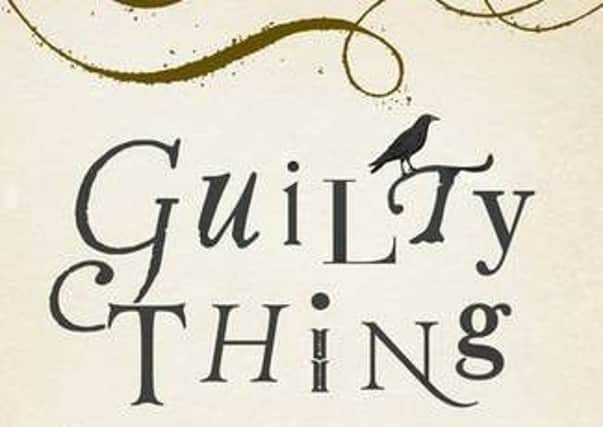The man behind Confessions Of An English Opium-Eater


Burns died aged 37 in 1796. Keats, Shelley and Byron died in 1821, 1822 and 1824, aged respectively 25, 29 and 36. By 1835, the older generation of Scott, Hogg, Coleridge and Hazlitt were all dead; Wordsworth, whom De Quincey idolised and vilified, lived on till 1850, but had been creatively dead since 1819. De Quincey, whose poverty, ill-health and laudanum addiction ought to have seen him to an early grave, managed 74 years before dying, in Edinburgh, in 1859.
De Quincey is a figure of infuriating brilliance, and any book which draws readers to him should be commended.
Advertisement
Hide AdAdvertisement
Hide AdWith The Confessions Of An English Opium-Eater and its sequel Suspiria De Profundis he created not just addiction memoir but psychogeography, influencing Poe, Baudelaire, Stevenson, Aragon, Borges and Burroughs. Frances Wilson notes in the prelude to her book that “there have been several fine biographies of De Quincey, but so far no De Quinceyan biography”. In attempting to forge such a thing, she does not go for his style – scientifically specific and dreamily vague, orotund, ornate, whispery, reedy and needy – nor can she flourish up some unexpectedly toothsome and tactless piece of gossip, the way he would have had he known her.
She instead opts for a sort of thematic biography, teasing out and tracing through some of his obsessions.
Wilson’s book ought to rekindle interest in De Quincey, and that it is not overburdened with academic throat-clearing is welcome.
Whatever quibbles I might have about some missing chapters in his life, at least this most retiring and presumptuous, dilatory and diligent, exciting and broken figure is centre stage.